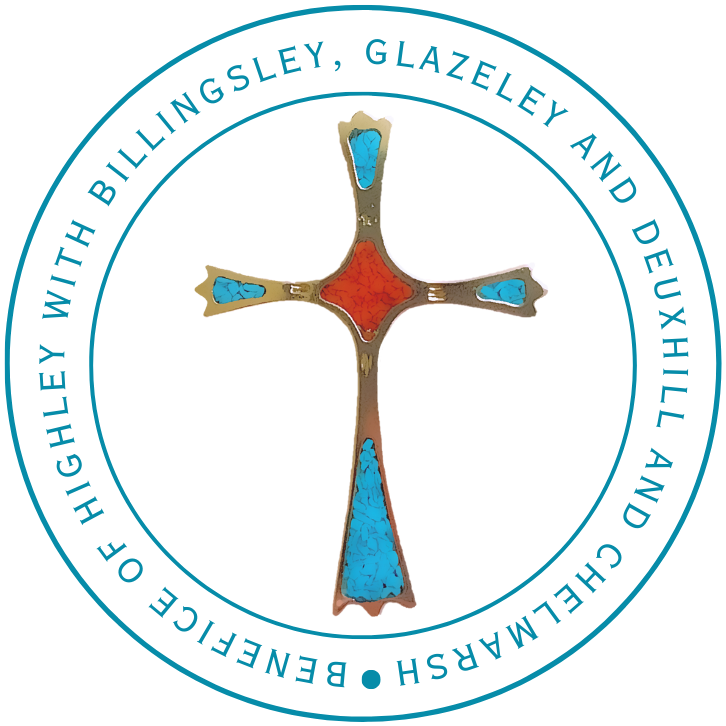Another day, another story about the Church of England. This time the Bishop of Liverpool has retired, following allegations of sexual harassment of two women, one a bishop. The Bishop of Liverpool denies the allegations; they were apparently investigated by the police and no action was taken and there was no action taken following a Church of England Safeguarding investigation. However, the fact that there was no realistic prospect of a criminal conviction (the police) nor any issue with vulnerable people (safeguarding) does not address whether there were other issues of dubious conduct. This could have been investigated by a disciplinary enquiry following a complaint. It would have allowed all parties to put their cases, both the women and the bishop. One of the women did make such a complaint, but there is a time deadline for reporting such matters. My understanding is that the complaint was made outside of this; the matter seems to have gone to a judge to adjudicate and he ruled that the case could not proceed. In this he was following due legal process, which is necessary to ensure fairness to all parties. Thus we have ended up with the situation where nobody can get satisfaction because every option is flawed.
It is easy when news stories break to just judge them by the headline and our natural urge is to seek heroes or victims and villains. Sometimes however the truth is more complex; we are faced with situations where whatever is done will be an uncomfortable compromise. In the Twitter/X culture in which we live there is no room for this. We are all the poorer.
Rev David Poyner

